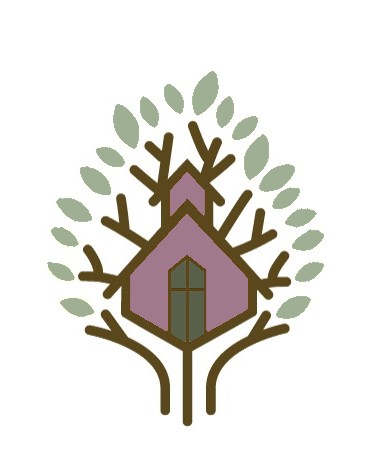Curriculum
Children construct their own knowledge through intentionally planned curriculum that engages and builds upon a child’s current knowledge, recognizing that knowledge cannot simply be provided for the child. Our curriculum, often emergent in nature, is based on the interests of the children. Emergent curriculum requires that teachers actively observe, seek out and chase the interests of the children. This kind of teaching environment demands a high degree of trust in the teacher’s creative abilities and embraces an image of the child as a capable, competent seeker of knowledge. Our teachers ensure that creativity and innovation are always present; although our thriving classrooms require organization and routines, the learning experience is never inflexible and rarely routine.


At FPE, we are guided, but not bound, by the Texas State Standards. Our students reach and go beyond these standards through meaningful and significant experiences where skills are applied in context. We integrate all fields of knowledge (math, science, social studies, language arts/reading/writing, music, technology, physical education, art, theatre, etc.). We do not separate one from another as they are all naturally connected in life. Our students see these connections in concrete ways through the experiences, research, and projects that they are involved in every day.
Projects are regarded as adventures into learning and they can last anywhere from one week to the entire school year! These projects help to build the foundations of study and independent research, through topics inspired by the students’ curiosity. Our students work collaboratively, individually, in pairs, and with the teachers through a process of trial and error, discussion, and elaboration of theories, learning from each other throughout. Group work includes different approaches toward the same investigation so that all students have an access point and are allowed to share their perspective with others. Our students are encouraged to express their opinions and ideas through discussion, critique, comparison, negotiation, and problem-solving.




Supplemental Resources
Articles/Books
The Reggio Emilia Approach – Scholastic
What Are Reggio Emilia Schools? – The New York Times
The Reggio Emilia Approach And And Curriculum Development Process – ResearchGate
The Wonder of Learning Exhibit
The Hundred Languages of Children: The Reggio Emilia Approach Advanced Reflections, Second Edition
Values and Principles of the Reggio Emilia Approach -by Lella Gandini
Introducción a los Valores Fundementales de la Educación Infantil en Reggio Emilia -Lella Gandini
Your Image of the Child: Where Teaching Begins -by Loris Malaguzzi
No way. The hundred is there. (Hundred Languages Poem) -by Loris Malaguzzi
Los Cien Lenguajes Del Niño -Loris Malaguzzi
The Pedagogy of Listening: The Listening Perspective from Reggio Emilia -by Carlina Rinaldi
Teacher Research in Reggio Emilia
Videos
Reggio Emilia Education – YouTube
CNN News Report on Reggio Emilia Italy Early Childhood Schools in the US
Introduction to Reggio Emilia -with Carlina Rinaldi
Making Learning Visible -with Carlina Rinaldi
Opal School Children on Play and Learning
Websites
https://www.naeyc.org/resources/pubs/yc/nov2015/emergent-curriculum
https://www.reggiochildren.it/en/
https://reggiochildrenfoundation.org/?lang=en
https://www.reggioalliance.org/
Address:
1340 Murchison Dr
El Paso, Texas 79902
Phone:
Email:
firstpresbyterianelementary@gmail.com

